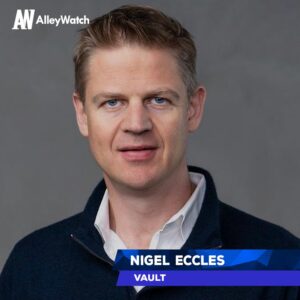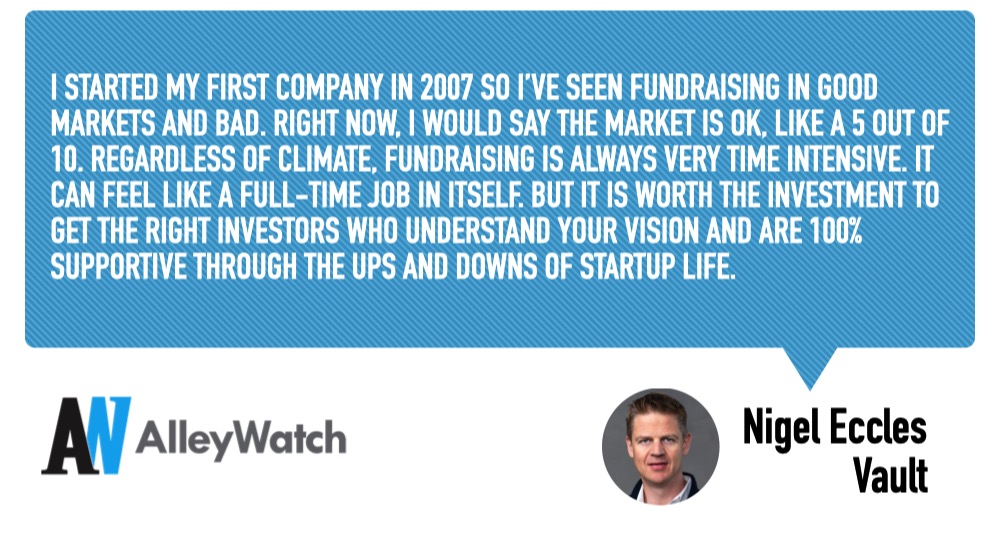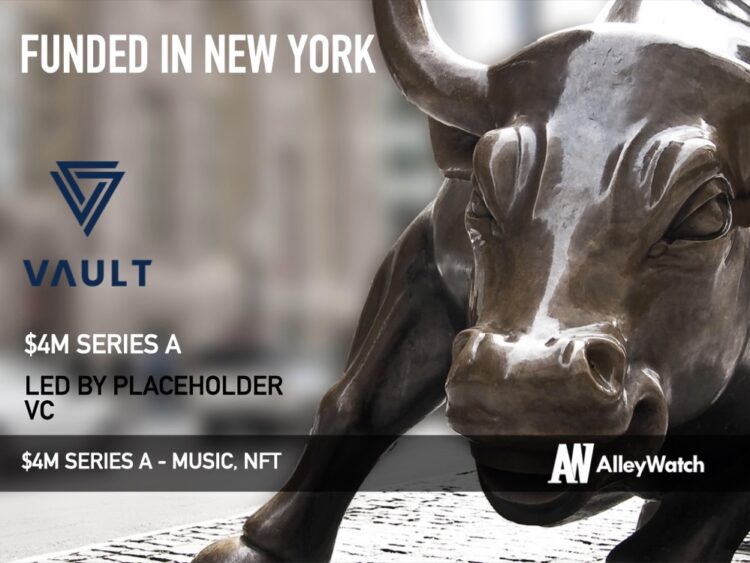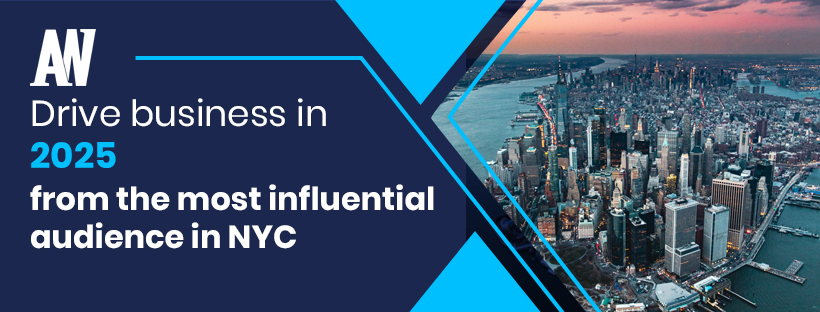The advent of the iTunes store led to a monumental shift in how we consumed music and since then, the emergence of streaming services under a subscription model has further changed the music industry. Lost in this behavioral shuffle has been the super fan. One of the most compelling aspects of blockchain and NFTs usage for the music industry is the embedded provenance options and the opportunity for artists to connect with their fan communities in novel ways. VAULT has built a new format for music called the Digital Music Collectible (DMC), a decentralized protocol that allows music to be shared, played, and purchased on third-party apps and websites. Artists are able to seamlessly create exclusive, limited-run opportunities for the most engaged fans that the fan can buy, lend, or resell, keeping 80-90% of the proceeds. Exclusive singles retail at an accessible $4.99 while album drops are $14.99 and are packaged with exclusive personalized content like videos, pictures, and messages. . The company’s first major activation coincided this past fall with the artist FLETCHER and her tour; VAULT facilitated the distribution of over 3000+ DMCs to fans during the tour.
AlleyWatch caught up with VAULT CEO, Cofounder, and repeat entrepreneur Nigel Eccles (Cofounded FanDuel) to learn more about the business, the company’s strategic plans, the latest round of funding, and much, much more…
Who were your investors and how much did you raise?
Our $4M Series A round was led by Placeholder VC, a premier crypto investor, with additional participation from existing investors AlleyCorp, Bullpen Capital, and Everblue Management. The recent funding brings the company’s total funding amount to $13M.
Tell us about the product or service that VAULT offers.
VAULT is the creator of the mobile-friendly Digital Music Collectible (DMC) music format and the VAULT protocol, an open and fully decentralized network for purchasing, playing, and sharing music on third-party apps and websites. DMCs are designed to be the digital version of a box set giving music fans exclusive rich-media experiences that can be purchased, unlocked, and played right on your phone. Like physical box sets fans may buy, lend or resell their DMCs at any time.
What inspired the start of VAULT?
 Music-Related Answer: When you look at the history of music, it is really a history of formats. Most recently, the shift to streaming has brought the overall music industry back to growth—but it has done so at the expense of super fans. In fact, recorded music revenues have declined 45% in the last 20 years, and $10B in value has been lost from the top decile of music fans.
Music-Related Answer: When you look at the history of music, it is really a history of formats. Most recently, the shift to streaming has brought the overall music industry back to growth—but it has done so at the expense of super fans. In fact, recorded music revenues have declined 45% in the last 20 years, and $10B in value has been lost from the top decile of music fans.
I believe that in the shift to streaming, we have lost not only the exclusivity and joy of ownership and collectibility that comes from building your own music library, but we have lost a deeper connection with the artists as well.
To that end, we designed the DMC format to allow super fans to build their rare music libraries again by unlocking exclusive releases from the artists they love.
NFT-Related Answer: When I first encountered NFTs, I was impressed by their promise, but underwhelmed by their execution. I felt there was an opportunity to reframe the power of NFTs into a true format that, for a fan, is extraordinarily easy to use, and for musicians and labels, creates a new revenue stream and an opportunity to engage top fans.
How is VAULT different?
At VAULT we are building a new music format. For it to succeed, we believe it has to be a) extraordinarily easy to use and b) transposable. To that end, VAULT is the only platform with its own rich-media players for music, photos, and video, and the only company with a fully open and decentralized protocol to support the growth and adoption of this new format.
Currently, digital music and content ownership models fail because they don’t allow owned content to move with a user across platforms. So, what really sets VAULT apart is our open protocol, which allows music fans to play DMCs on any website, application, or music player supported by the VAULT protocol.
What market does VAULT target and how big is it?
From 2001 to 2021 the recorded music industry in North America dropped from $22 billion to $12 billion, a loss of $10 billion. Furthermore, that drop nearly all came from a reduction of spend from top decile fans. The VAULT format is a way to reclaim that lost market.
What’s your business model?
The VAULT platform takes a percentage of every DMC sold.
How are you preparing for a potential economic slowdown?
We are focused on mainstream music fans as our audience. That means we price our DMCs at consumer-friendly prices—from $4.99 for a deluxe single to $14.99 or higher for a deluxe album drop. At these price points, we don’t expect to be seen as a luxury expense in the event of an economic slowdown.
What was the funding process like?
I started my first company in 2007 so I’ve seen fundraising in good markets and bad. Right now, I would say the market is OK, like a 5 out of 10. Regardless of climate, fundraising is always very time intensive. It can feel like a full-time job in itself. But it is worth the investment to get the right investors who understand your vision and are 100% supportive through the ups and downs of startup life.

What are the biggest challenges that you faced while raising capital?
Since we are essentially creating a new music category, adoption is key. While investors understood our thesis around the demonetization of music super fans, we had to prove that fans and artists would adopt the DMC format. Our recent activation with FLETCHER throughout the course of her U.S. Girl of My Dreams tour was a major proof point: Her fans purchased over 3,000 DMCs during the course of her fall 2022 tour dates alone. In addition, following from that our pipeline of signed artists launching in H1 of 2023 is really, really strong.
What factors about your business led your investors to write the check?
Given mine and my cofounder’s backgrounds as cofounders of FanDuel, investors were confident that we have the consumer expertise to create and scale a new music format—but the launch of the VAULT protocol is what sets this new format up for scale and adoption. They see our protocol-agnostic approach as a game changer for not just the music industry, but for the broader media industry as well.
What are the milestones you plan to achieve in the next six months?
In the short term, our objectives are to scale the DMC format globally across major label and independent music releases. We also expect to see the VAULT protocol adopted and implemented by key platforms within the music business ecosystem, such DSPs and digital distribution services.
What advice can you offer companies in New York that do not have a fresh injection of capital in the bank?
The first rule of startups is don’t run out of money. Stay focused only on what drives growth or adoption so you can live to see another day.
The first rule of startups is don’t run out of money. Stay focused only on what drives growth or adoption so you can live to see another day.
Where do you see the company going now over the near term?
If you love music, then we hope to see several DMCs in your hands in the near term. We look forward to helping artists push the boundaries on what they can offer fans in box sets and deluxe albums by giving them a new format for unlockable rich media.
What’s your favorite winter destination in and around the city?
I love the Hudson Valley and skiing at Hunter. So, in November we adopted a beautiful Samoyed puppy called Skye, and she loves the winter. Last weekend we all went to Hunter while my family skied, Skye and I hiked up Hunter. It was a tough climb but it was beautiful.





